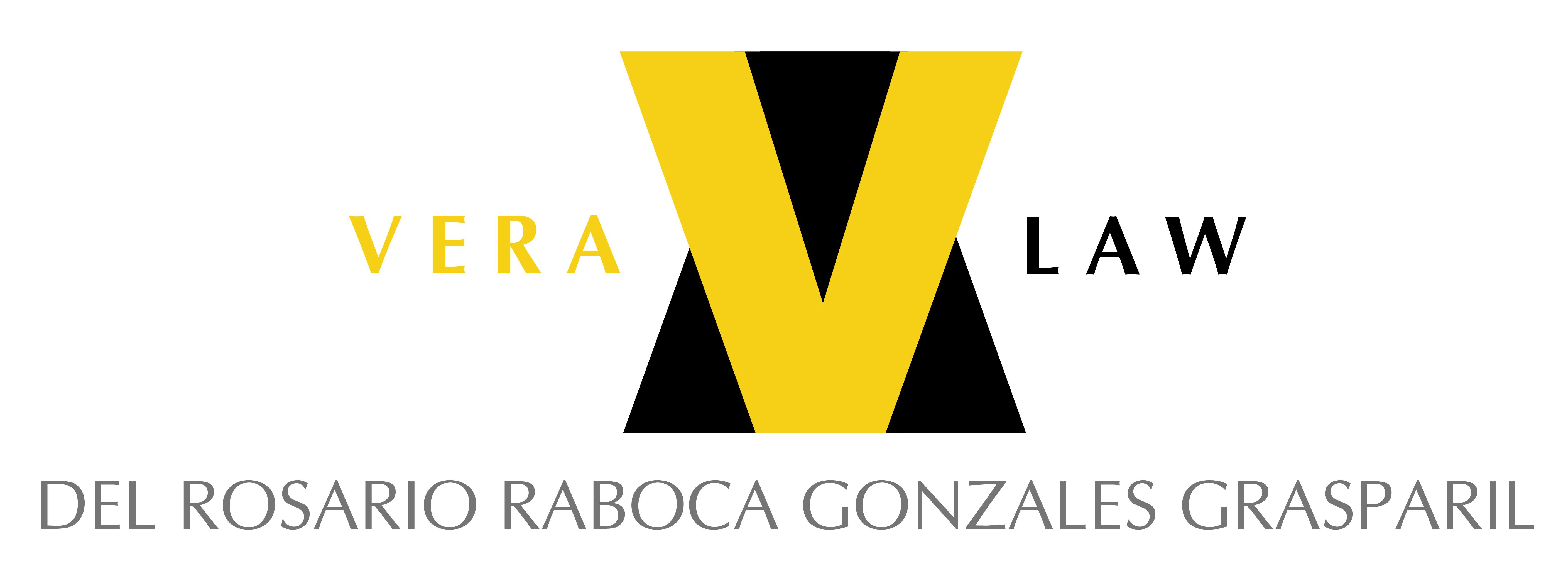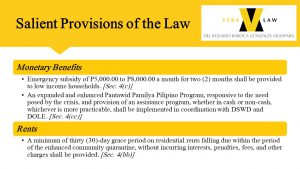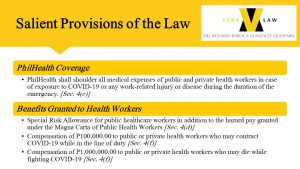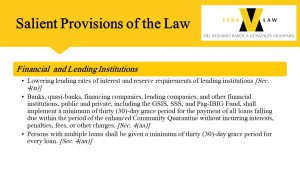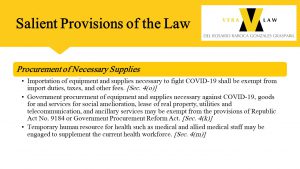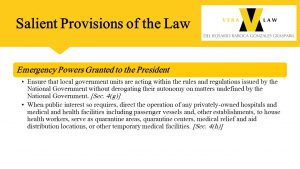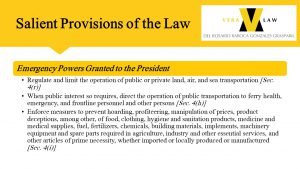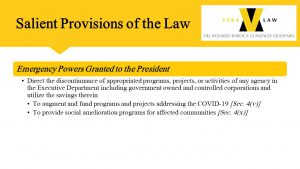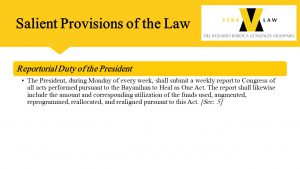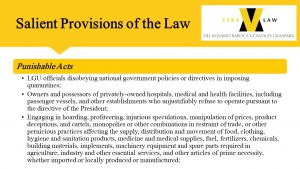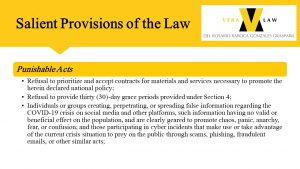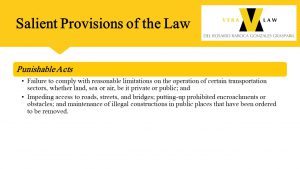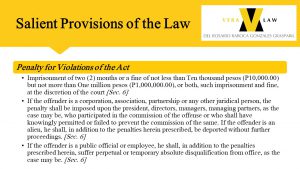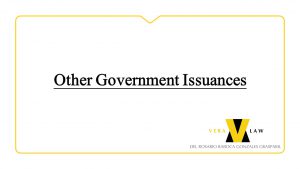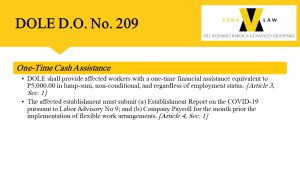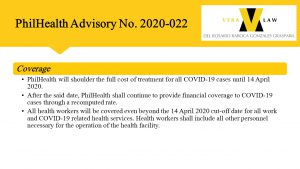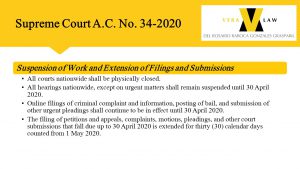The whole world is in the midst of the worst health crisis in modern history. The Coronavirus Disease 2019 (COVID-19) itself poses a grave threat to public health but the measures implemented to contain it has caused even graver economic and social disruption and has threatened the long-term livelihoods of millions around the world. The Philippines is no different and COVID-19 has impacted businesses of both local and multinational companies doing business here.
On 16 March 2020, the Philippine government declared an enhanced community quarantine for the entire Luzon island. It required the observance of social distancing among its residents and imposed restrictions on their mobility. Businesses were required to temporarily stop their operation except for those involved in the delivery of basic necessities. Transportation was severely limited to frontline responders and workers of exempted businesses.
On 25 March 2020, the President signed into law the Bayanihan to Heal as One Act of 2020. A state of national emergency was placed over the entire country and the President was bestowed emergency powers granting him flexibility to address the issues related to mitigation of COVID-19. Under the new law, normal protocols for government procurement of goods are exempted (i.e., no public bidding) to ensure that essential goods such as personal protective equipment, surgical equipment and supplies, laboratory equipment and reagents, medical equipment and devices are procured at the fastest time possible. The President was also granted power to possibly take over certain businesses like hospitals and health facilities which refuse to cooperate and operate their enterprises during this crisis.
The Department of Labor and Employment (DOLE) issued on 17 March 2020 Department Order No. 209 or the Guidelines on the Implementation of the COVID-19 Adjustment Measures Program (CAMP). The CAMP aims to extend financial support to affected employees in private establishments who had to shut down during the enhanced community quarantine by providing them a one-time, non-conditional lump sum of Php 5,000.00.
What do all these government issuances mean for local businesses and multinational companies doing business in the Philippines? How are these businesses to survive this crisis if they are not allowed to operate? What measures are you allowed to implement to keep the business concern going now and after the enhanced community quarantine is done?
Send us an email at veralaw@veralaw.com.ph to know your options.
